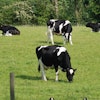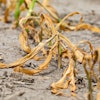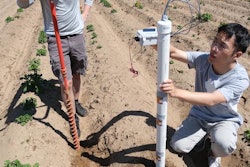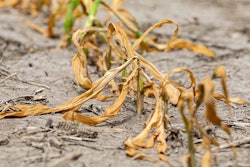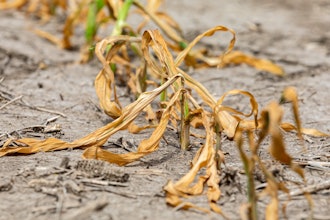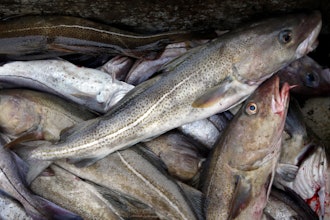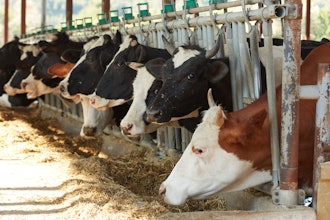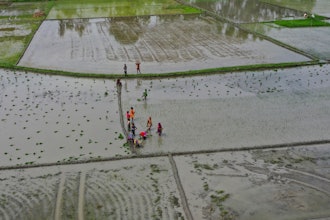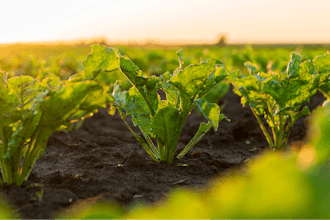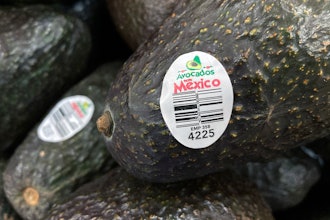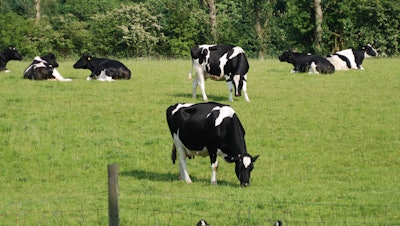
The U.S. Department of Agriculture (USDA) will begin accepting applications starting on Monday, July 1 through its updated Emergency Assistance for Livestock, Honeybees, and Farm-raised Fish Program (ELAP) to provide financial assistance to eligible dairy producers who incur milk losses due to Highly Pathogenic Avian Influenza, also known as H5N1infection in their dairy herds.
USDA’s Farm Service Agency (FSA) expanded ELAP through the rule-making process to assist with a portion of financial losses resulting from reduced milk production when cattle are removed from commercial milking in dairy herds having a confirmed positive H5N1 test. Positive test results must be confirmed through the USDA’s Animal and Plant Health Inspection Service (APHIS) National Veterinary Services Laboratories (NVSL).
ELAP provides emergency relief to eligible producers of livestock, honeybees, and farm-raised fish to assist with losses due to disease, adverse weather, or other conditions, such as wildfires, that are not covered by other FSA disaster assistance programs.
H5N1 infections have been detected in 12 states including Colorado, Idaho, Iowa, Kansas, Michigan, Minnesota, New Mexico, North Carolina, Ohio, South Dakota, Texas and Wyoming. Dairy producers in all states are reminded to stay vigilant and follow established APHIS biosecurity, detection and testing guidelines. In addition to testing, enhanced biosecurity is critical to containing this virus. USDA works closely with state animal health official, producers, and industry organizations to provide guidance and resources for cleaning and disinfection not only on affected farms but for all livestock producers as a part of practicing good biosecurity.

